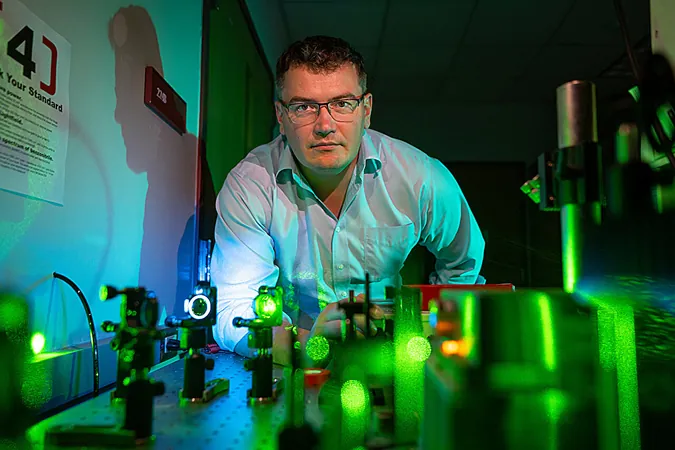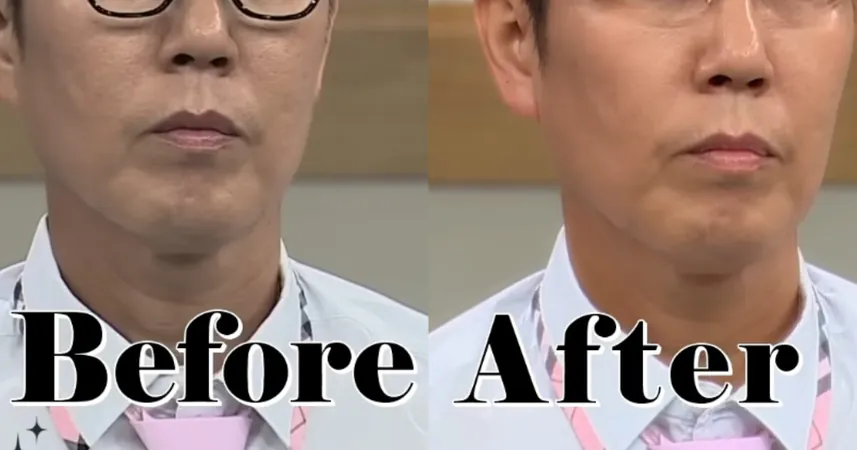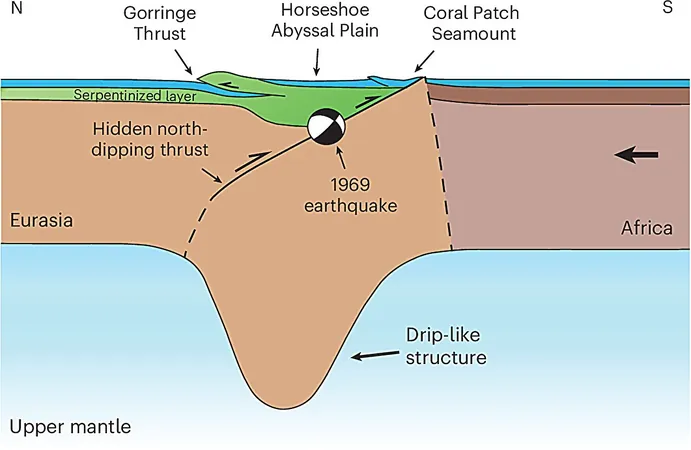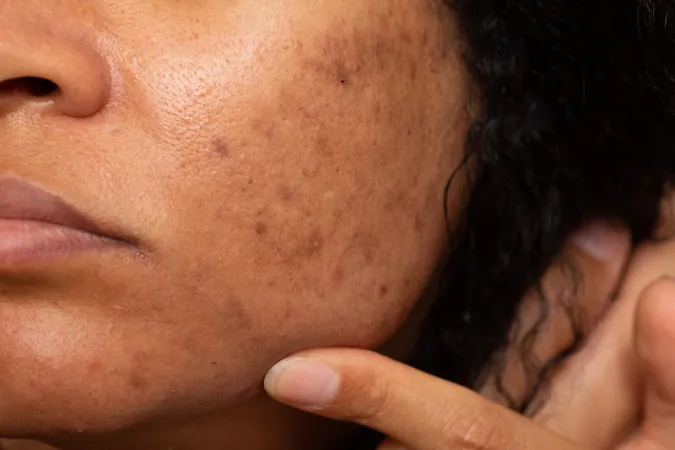
Revolutionary Device Uses Light to Decode Your Diet and Health!
2025-08-21
Author: Li
Breakthrough in Noninvasive Health Monitoring
Imagine a future where you can monitor your health and diet without the hassle of food diaries and blood tests! Scientists from Texas A&M AgriLife Research have developed an incredible handheld sensor that can detect key health indicators simply through your skin using an innovative light technology.
Unveiling the Technology's Potential
This groundbreaking technique has shown an astonishing capacity to identify factors like diet, biological age, sex, and select nutrient deficiencies with up to 90% accuracy in live animal models. Published in *Analytical Chemistry*, these findings could signal a new era for noninvasive health monitoring, paving the way for wearable sensors that provide real-time nutritional and metabolic data.
A Game Changer for Dietary Assessments
Traditional dietary assessments often rely on self-reporting, which isn't always reliable. Dr. Dmitry Kurouski, a key member of the research team, emphasized that their compact device could directly show the impacts of diet on the body, allowing individuals to see firsthand what works for them.
How It All Works!
Led by doctoral student Isaac Juárez, the team built on previous research by Dr. David Threadgill, who focused on how different diets affect health. Using Raman spectroscopy—a method Kurouski has applied in diverse fields—they examined live animal models on various popular diets including vegan, ketogenic, and Mediterranean.
Impressive Results!
The results were compelling; they could distinguish different diets with remarkable accuracy. "Achieving 90% accuracy means this technology has the potential to revolutionize our dietary choices and health decisions," Kurouski stated.
Reading Age and Nutritional Needs Through Skin
Not only did they decode dietary information, but the scans also revealed insights into biological age through chemical signs in the skin, particularly with collagen. Collaborating with experts like Dr. Michael Polymenis, they also detected folate deficiencies, which, if caught early, could lead to significant health interventions.
The Future of Wearable Technology
Currently, the device is handheld, but the researchers are optimistic about miniaturizing it for use in wearable technology. This could allow for continuous monitoring of dietary and nutrient levels, delivering instant feedback and empowering users to take charge of their nutrition.
A Step Towards Better Health for All
With the rise of chronic diseases such as obesity and diabetes, this transformative technology could serve as a proactive measure to enhance public health and prevent nutrition-related ailments. Dr. Kurouski concludes, "This is just the start of an exciting journey. Soon, we could all carry the power of metabolic insight in our pockets!"





 Brasil (PT)
Brasil (PT)
 Canada (EN)
Canada (EN)
 Chile (ES)
Chile (ES)
 Česko (CS)
Česko (CS)
 대한민국 (KO)
대한민국 (KO)
 España (ES)
España (ES)
 France (FR)
France (FR)
 Hong Kong (EN)
Hong Kong (EN)
 Italia (IT)
Italia (IT)
 日本 (JA)
日本 (JA)
 Magyarország (HU)
Magyarország (HU)
 Norge (NO)
Norge (NO)
 Polska (PL)
Polska (PL)
 Schweiz (DE)
Schweiz (DE)
 Singapore (EN)
Singapore (EN)
 Sverige (SV)
Sverige (SV)
 Suomi (FI)
Suomi (FI)
 Türkiye (TR)
Türkiye (TR)
 الإمارات العربية المتحدة (AR)
الإمارات العربية المتحدة (AR)